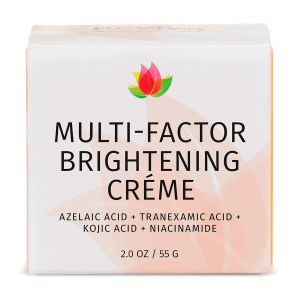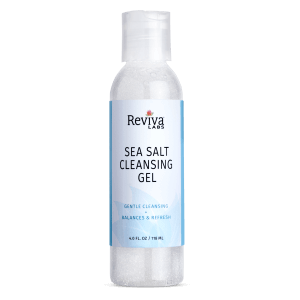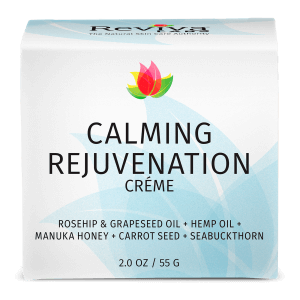Inflammaging
Inflammaging is a term that combines “inflammation” and “aging,” used to describe the chronic, low-grade inflammation that accompanies the aging process. This phenomenon is considered a significant contributor to the onset and progression of age-related diseases, including cardiovascular conditions, neurodegenerative disorders, diabetes, and even certain types of cancer.
What Drives Inflammaging?
- Chronic Inflammation: Unlike acute inflammation, which is a temporary and protective immune response to injury or infection, inflammaging refers to a persistent and often unnoticed inflammation. This occurs without clear external triggers and results from the body’s aging immune system and other biological processes.
- Cellular Senescence: Aging cells can enter a state known as senescence, where they stop dividing but do not die. These cells often secrete pro-inflammatory molecules known as the Senescence-Associated Secretory Phenotype (SASP), contributing to the inflammatory milieu.
- Immune System Dysregulation: As the immune system ages, it becomes less efficient at fighting infections and more prone to overreacting. This imbalance leads to sustained inflammatory responses, even in the absence of threats.
- Mitochondrial Dysfunction: Aging mitochondria, the energy producers of cells, can release inflammatory signals when they become damaged or dysfunctional, further exacerbating inflammaging.
- Environmental and Lifestyle Factors: Diet, pollution, stress, and lack of exercise are extrinsic factors that can amplify inflammatory processes, accelerating inflammaging.
Visible and Hidden Impacts of Inflammaging
While inflammaging occurs at a cellular level, its effects manifest in various ways:
- Skin Aging: Chronic inflammation can break down collagen and elastin, leading to wrinkles, loss of elasticity, and uneven skin tone.
- Cognitive Decline: Neuroinflammation is linked to diseases like Alzheimer’s, driven partly by inflammaging.
- Metabolic Changes: Persistent inflammation can impair insulin signaling, contributing to type 2 diabetes and obesity.
- Cardiovascular Health: Inflammation plays a critical role in the development of atherosclerosis and other heart conditions.
Addressing Inflammaging Through Lifestyle and Skincare
Mitigating the effects of inflammaging involves a multifaceted approach:
- Healthy Diet: Anti-inflammatory foods rich in antioxidants, such as leafy greens, berries, and omega-3 fatty acids, can help combat chronic inflammation.
- Regular Exercise: Moderate physical activity has been shown to reduce inflammatory markers in the body.
- Adequate Sleep: Sleep is essential for repairing cellular damage and maintaining immune health.
- Stress Management: Practices like meditation and yoga can lower stress-induced inflammation.
- Advanced Skincare: Skincare formulations with anti-inflammatory and antioxidant ingredients, such as niacinamide, resveratrol, and vitamin C, can help manage skin-related inflammaging. These ingredients work to soothe irritation, combat free radicals, and improve skin’s resilience.
Inflammaging is a critical area of focus in understanding and combating the effects of aging. By adopting proactive lifestyle choices and incorporating effective skincare strategies, individuals can significantly reduce its impact, promoting healthier aging inside and out.
Inflammaging (also known as inflamm-aging or inflamm-ageing) is a chronic, sterile, low-grade inflammation that develops with advanced age, in the absence of overt infection, and may contribute to clinical manifestations of other age-related pathologies. Inflammaging is thought to be caused by a loss of control over systemic inflammation resulting in chronic overstimulation of the innate immune system. Inflammaging is a significant risk factor in mortality and morbidity in aged individuals.

Inflammation is essential to protect against viral and bacterial infection, as well as noxious stimuli. It is an integral part of the healing process, though prolonged inflammation can be detrimental. The network dynamics of inflammation change with age, and factors such as genes, lifestyle, and environment contribute to these changes. Current research studying inflammaging is focused on understanding the interaction of dynamic molecular pathways underlying both aging and inflammation and how they change with chronological age.









